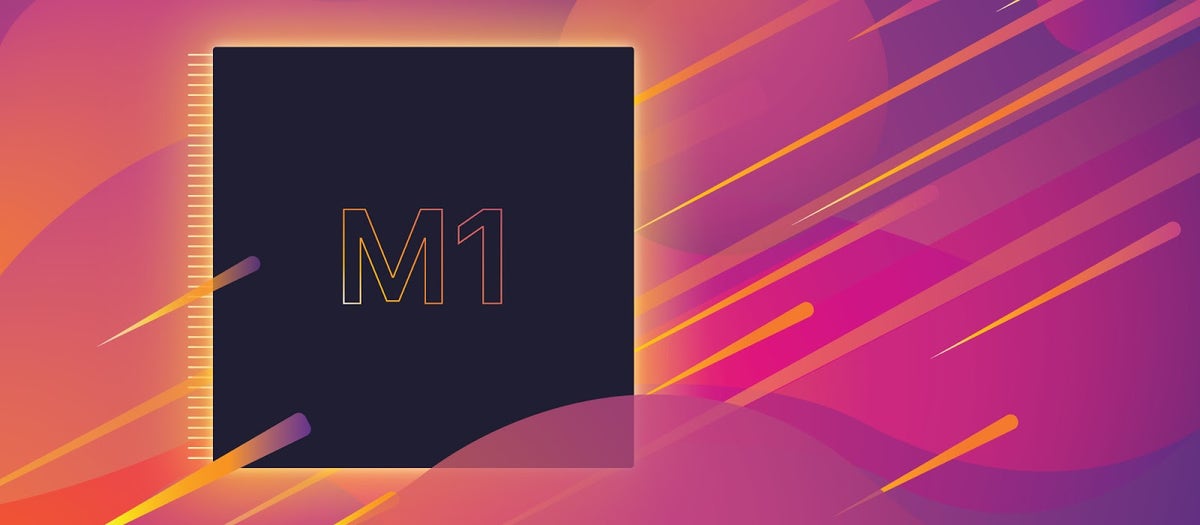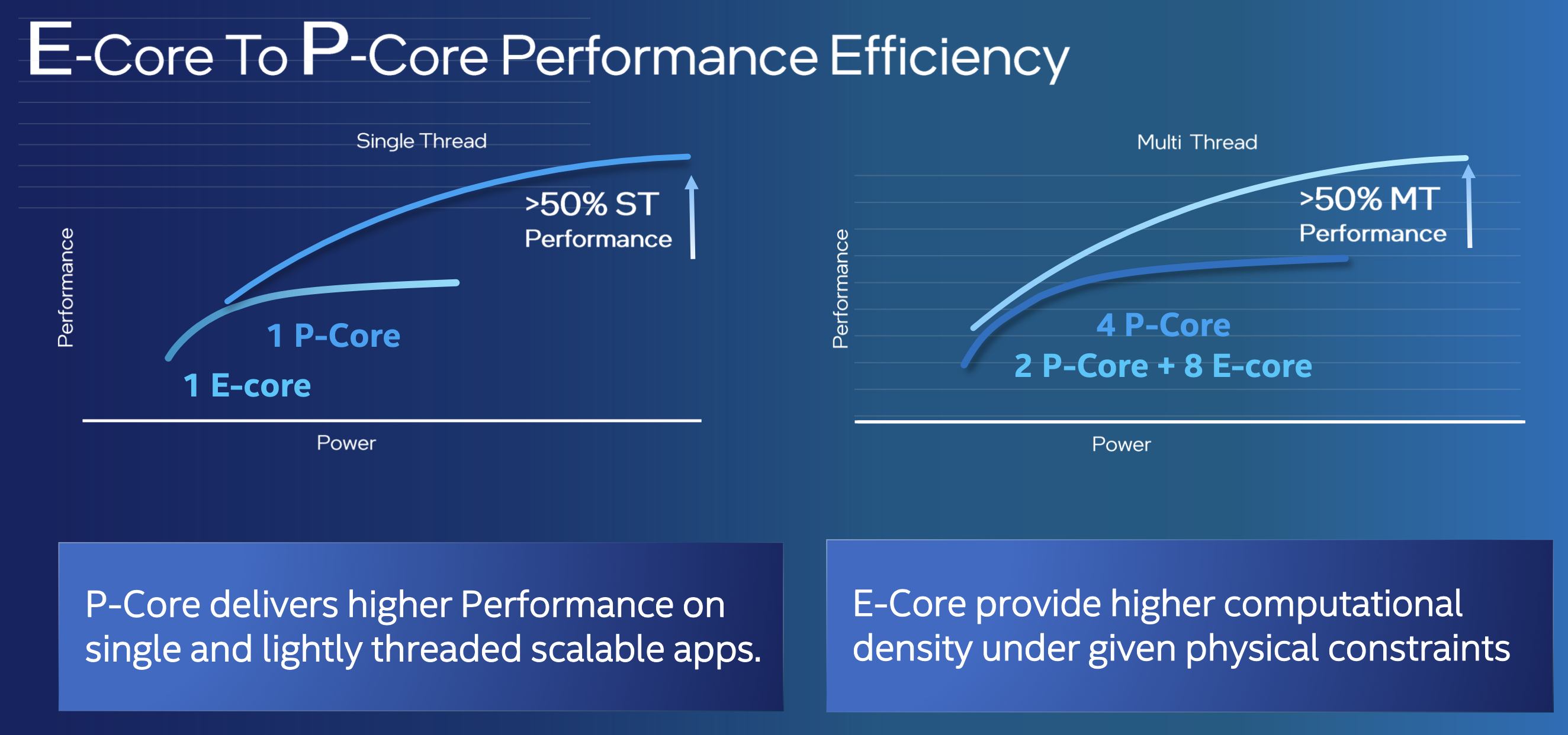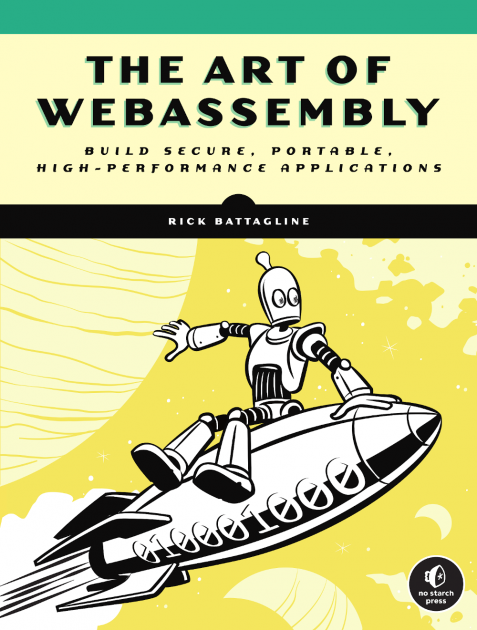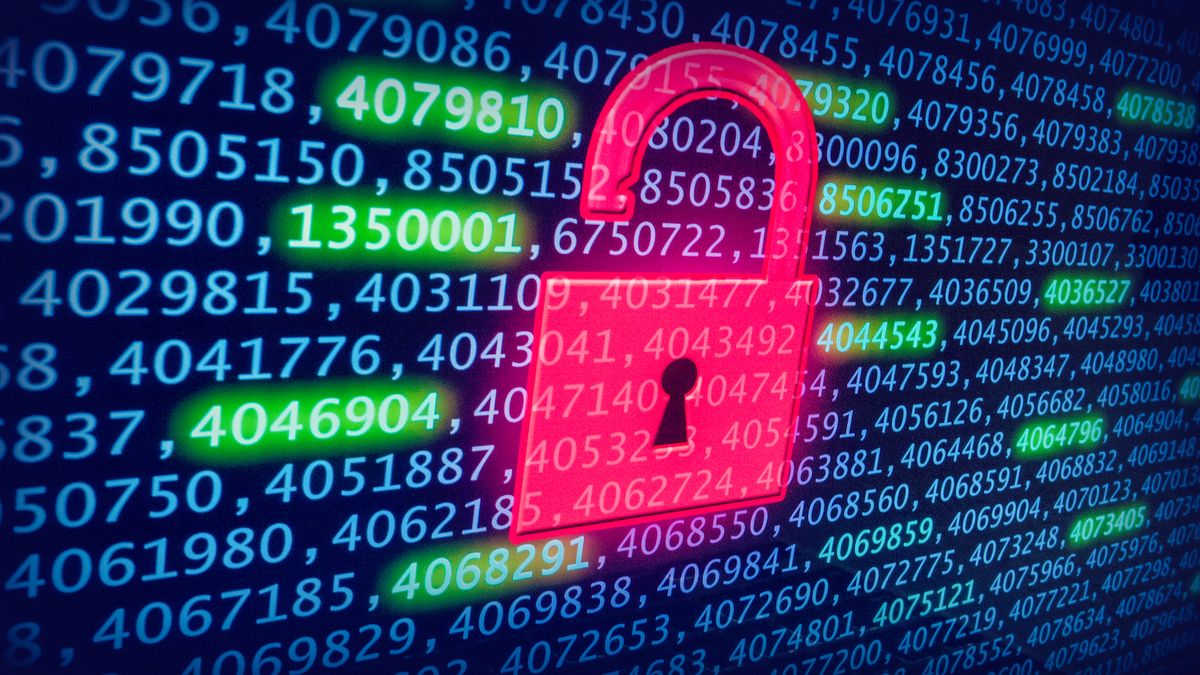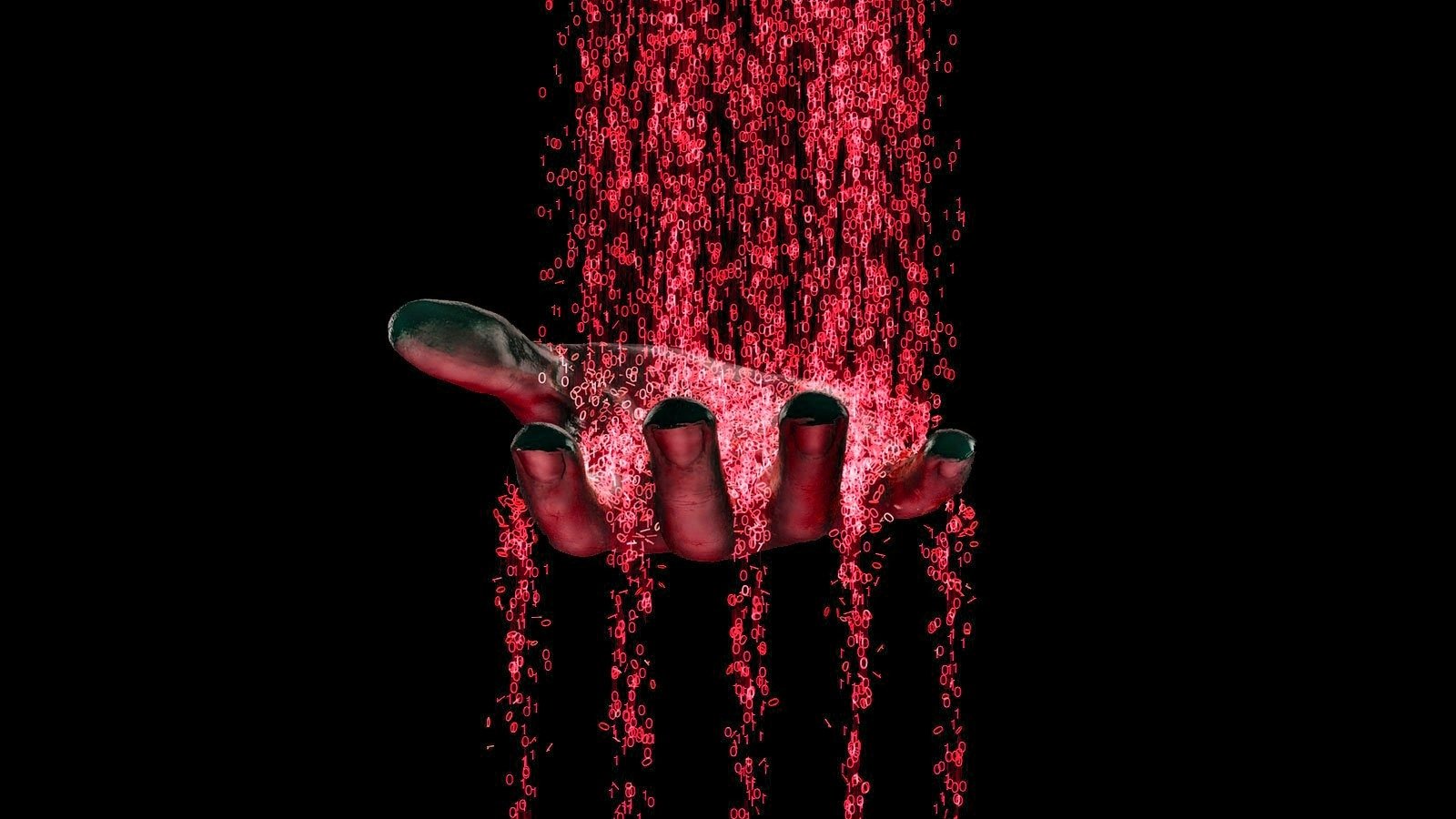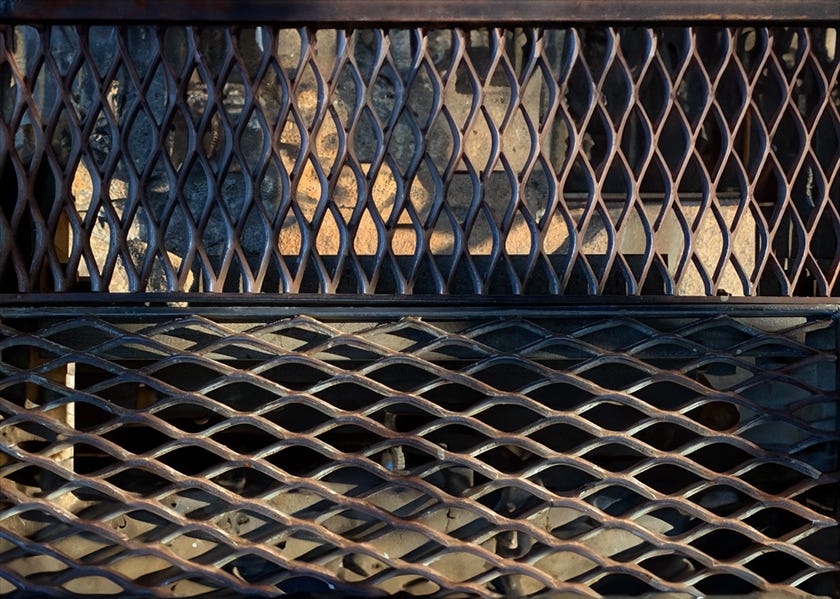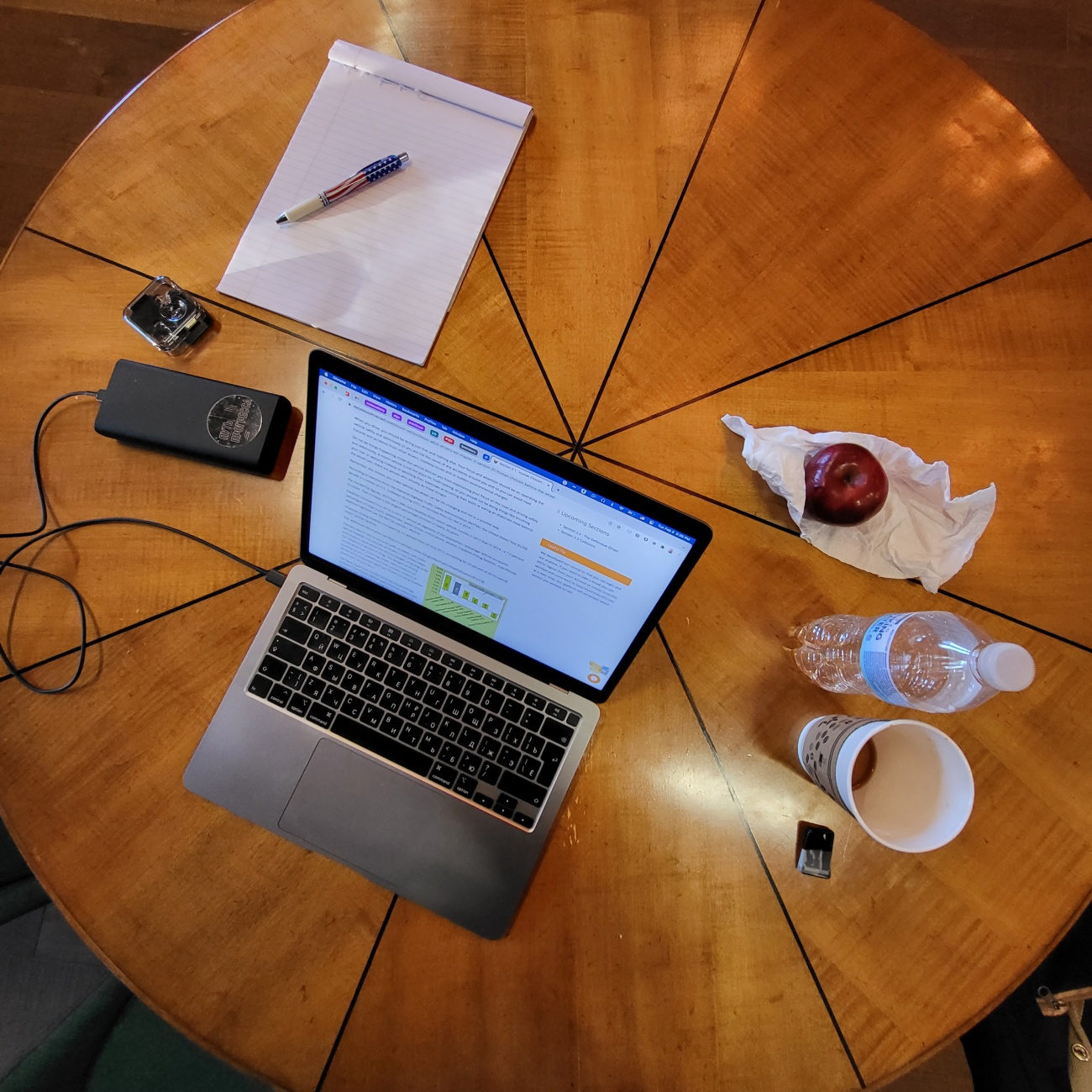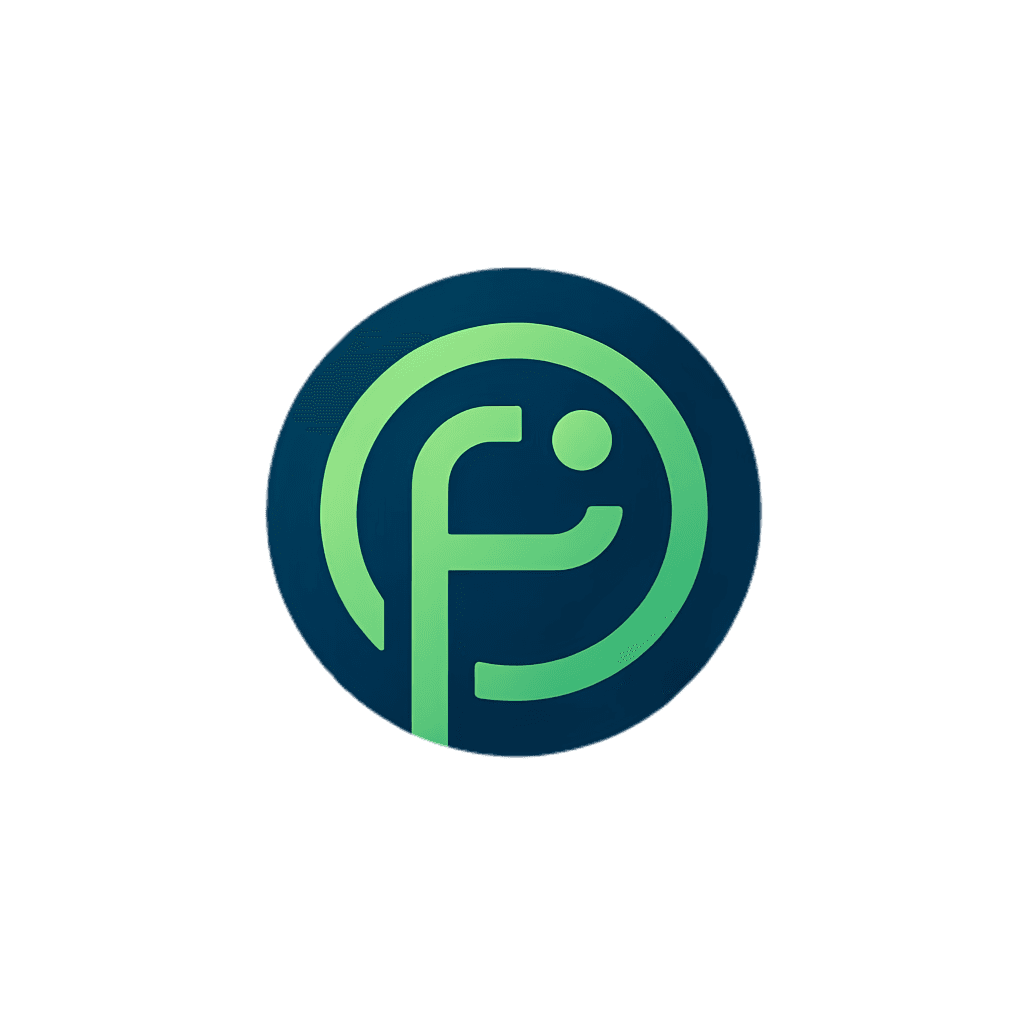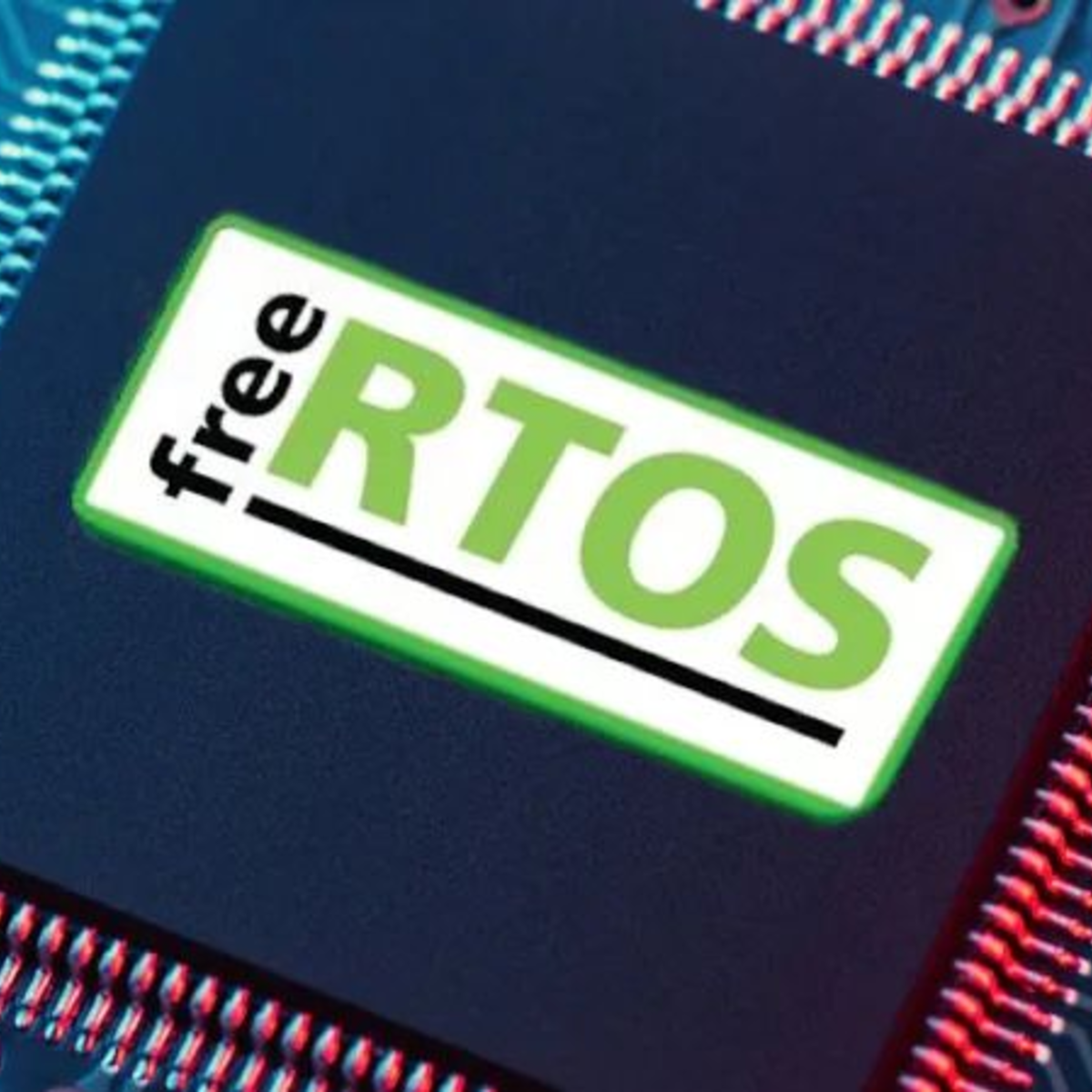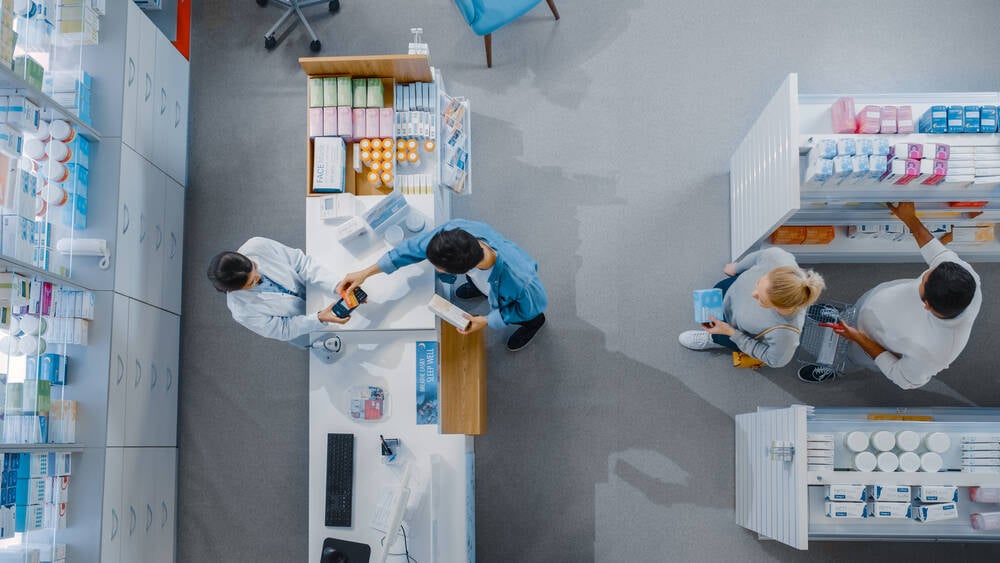
The ‘secret strategy’ that could boost your ability to learn
is a science writer and researcher based in London, UK. She holds a bachelor’s degree in psychology and a master’s degree in neuroscience from the University of Cambridge.
Imagine you are planning to learn about the solar system but, before you start, your teacher gives you a multiple-choice quiz on the topic. You haven’t learned a single fact about the solar system yet, so the questions, such as ‘Which of our dwarf planets is not a plutoid?’ or ‘Which planet is the least dense in the solar system?’, leave you staring blankly. Naturally, you are bound to make mistakes. You might understandably feel that this guessing in the dark is a complete waste of time. In fact, it’s not – a growing body of research shows this early test can significantly enhance your later learning.
The potential of tests, not just for assessment, but also for learning, dates back at least as far as the 1920s when the psychologist Sidney Pressey developed his innovative typewriter-turned-testing machine. The machine presented a question with several possible answers, requiring students to press a key to submit their response. Pressey’s innovation was a feature that held the question in place until the correct answer was chosen, transforming the test into a learning experience. Although it wasn’t widely adopted, his work anticipated what is now known about the huge benefits of testing for improving learning.




